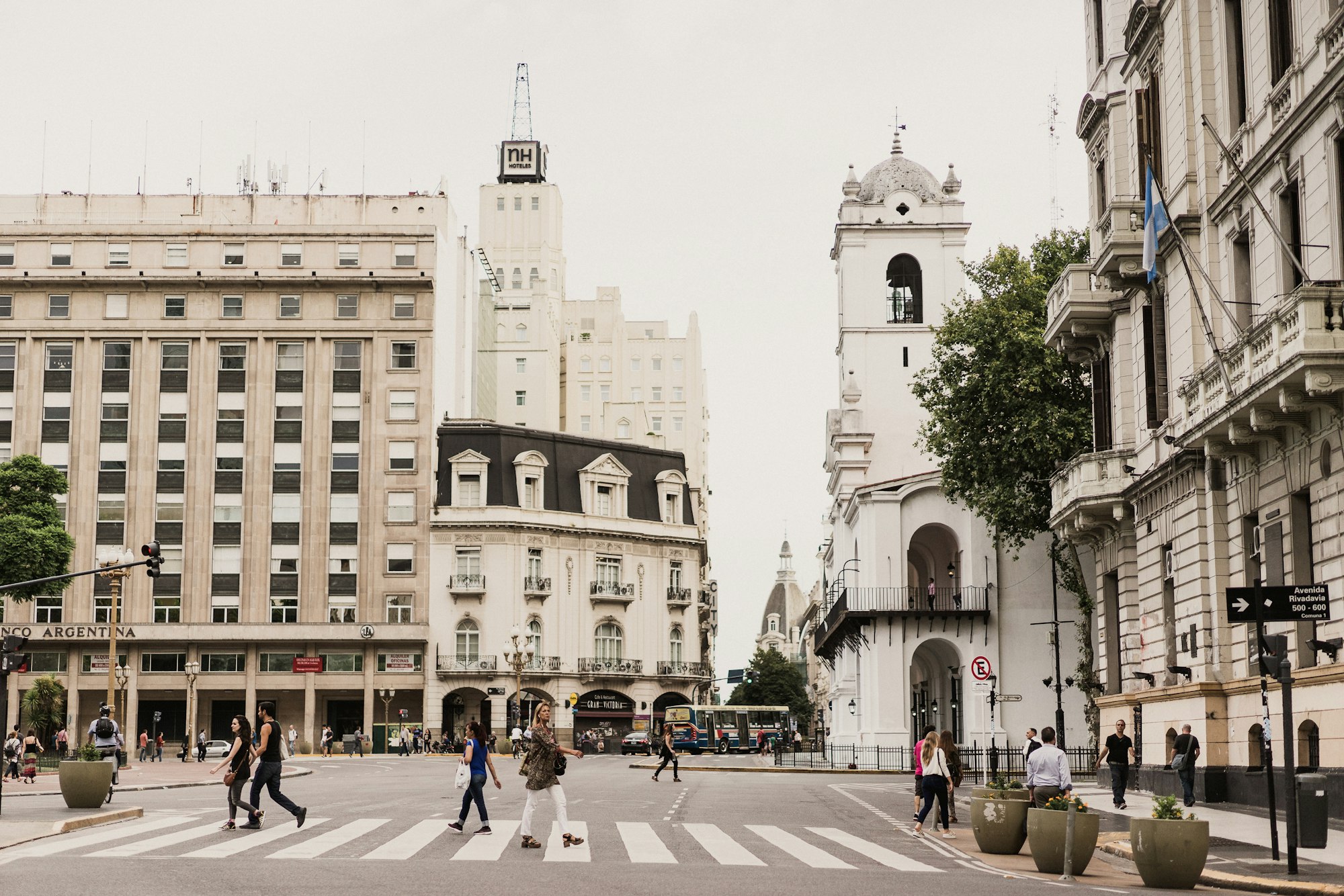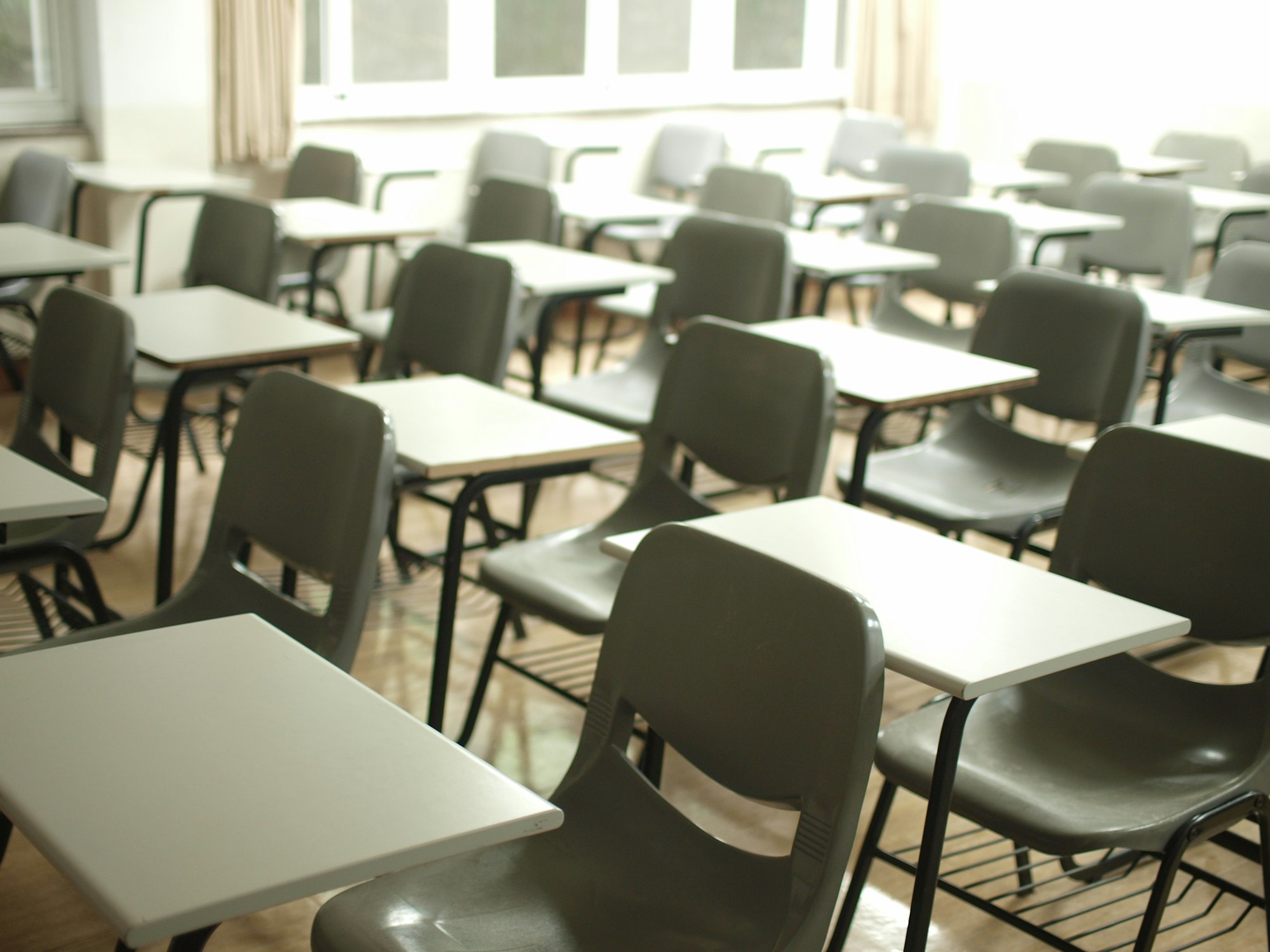View the Country Report for Argentina in the Oxford Compendium of National Legal Responses to Covid-19
Argentina was hit by the Covid-19 crisis while in the midst of a severe economic downturn: the country had been in a recession for five of the last ten years, and the poverty rate had recently surpassed 40%. Notwithstanding this factor, and allegedly prioritizing 'health over the economy', the Government took –via executive rule-making– strict and early measures to contain the spread of the virus. In March 2020, when only the first cases had reached the country, a general stay-at-home order was imposed. This flattened the curve, and allowed national and provincial governments to strengthen their health systems and prevent a sanitary collapse. However, the continuous growth in cases also forced the government to maintain the measures for a very prolonged period of time. In some parts of the country, including Buenos Aires, it was formally a crime to leave one's house without a specific purpose (and its corresponding permit) for almost eight months. This was almost unenforced, however, and compliance with the measures decreased significantly over time. The result was a continuous growth in cases which reached its first peak in October 2020, when milder temperatures finally arrived.
In the Argentine legal system, suspensions of rights must be decided by Congress. This general mandate is established both in the Constitution and in a series of international human rights treaties with constitutional hierarchy. In certain exceptional situations of emergency in which Congress cannot meet, however, the Constitution does authorize the President to issue 'decrees of necessity and urgency' (DNUs), regulating various (non-criminal) matters. In the case of the Covid-19 crisis, both Houses of Congress suspended their functioning in early March 2020, and the President imposed the general stay-at-home order through one of these DNUs. In May 2020, Congress began holding sessions again, but all decisions regarding the crisis –including the successive extensions of the stay-at-home order for several months– were still made by the President via DNUs, without any specific explanation of his authority for doing so. To this day, more than a year after the initiation of the crisis, and with Congress in full operation (sanctioning, for example, the legalization of abortion during this period), suspensions of rights are still in place as a result of presidential DNUs.


